|
6/16/2017 4 Comments Poetry by Lauren SarrantonioIntroductory Physics I don't understand how god could possibly have a plan for each of us-- Could the creator of a chaotic universe ever be so organized? Yet how could the lips of feathers be so perfect by mistake, as if the Big Bang was the work of cosmic butter fingers, as if we were made of nitrogen, hydrogen, star stuff by convenience. The same way light is fast, but light is lazy; it will travel only straight ahead for whatever is nearest to it. Light will not bend and turn to meet some certain stone. Touched by trees strewn over the mountainside like bodies-- they turn for light, and not vice versa. Never vice versa. How we philosophize ways to save the world while the world pursues entropy, dark forests dance, holding a silence only snow can inspire. A version of the truth: I once read truth is a pathless land, and so I move wherever the light can catch me. The Butterfly Effect While babysitting I told the girls, "Throw ice cubes out the back door, maybe you'll get a snow day." Dutifully collecting freezer ice into plastic cups, they stood together in the door frame, the ice hurled on one, two, three, into the air, landing two feet in front of them between overgrown winter grass. "I think it's colder already," said the ten year old, in pride. "Yeah, that changed the weather all over the world," the nine year old dramatized a shiver, and I wondered if she knew how right she was.  Bio: Lauren Sarrantonio is studying to be a speech-language pathologist, but in between seconds, she enjoys running from the wind that's pushed her here. Find more of her work in Twelve Point Collective, Gandy Dancer, Teen Art Gallery's Green Light, and Outrageous Fortune.
4 Comments
Richard Brocken creates heartfelt photographs of his children, family travels, self portraiture, and more. Here he talks with AHC about his photography and the inspirations that lie behind the work. AHC: What first drew you to photography? Was there a specific moment in your life or turning point where it became clear to you that you were being called to create? Richard: When I was in my twenties my wife and I traveled a lot around the world. On these journeys you encounter different situations like the city life of Kathmandu in Nepal or wildlife in Zimbabwe for example. This required different kind of lenses or cameras, so I started to gain a focus on photographic material. Later my subject changed when our children were born. They became my subject, in all of the stages you encounter by living together. AHC: Could you talk some about your overall process, themes & inspirations? Richard: A very important inspiration is my daughter Eva. There is a natural flow with her, ideas popping up every day for a shoot, so her whole childhood she was my model and inspiration. The portraits with Eva are simple and natural. She herself is a very fine photographer. AHC: Do you prefer to shoot in black and white or color? Which does more justice to a portrait? Richard: A lot of my works are in black and white but I don’t have a particular preference for either. Some portraits just work better in black and white, there is less distraction, noise etc. AHC: Who are some of your artistic influences? Is there anyone outside of the art world whose work has impacted your own, or who just generally inspire you, writers, filmmakers, musicians etc? Richard: I am a huge fan of the portraits of Belgian photographer Stephan Vanfleteren, the works of Dutch photographers Anton Corbijn and Erwin Olaf. Lars von Trier is my all time favorite director and screenwriter, the recordings of Carlos Kleiber are amongst my favorite albums of classical music and I just finished the six books, my struggle, of the Norwegian author Karl Ove Knausgård, they were a true journey and a delight to read. AHC: What is the first work of art/photography you encountered that took your breath away? Richard: Meisje met de parel by Johannes Vermeer. (girl with a pearl earring) A fairly simple composition but with an overwhelming atmosphere and beauty. AHC: Are there times when you become blocked creatively? What do you do to rekindle inspiration? Richard: Many times! I don’t have a solution, just wait and try. AHC: Do you have any upcoming exhibits or new projects you'd like to tell people about? Richard: I am working with a curator in Japan for a large exhibition with only portraits of Eva, there is not much to say about this yet because of the process still being formed. For more visit www.richardbrocken.com/ All images © Richard Brocken (Provided courtesy of the artist) 6/15/2017 0 Comments Poetry by Arianna Millernode management my hydrangeas are sprouting leaves like the lengthening searchbar on amazon.com. i type books on how to shut up a mansplainer ‘cause he keeps telling me to cut my little bulbous nodes that my flowering is too much, this version of me is overgrown. i search what are we programming into the soil the first hit says keep the girls in the dark : to suffer in shade; he wants me to stop flourishing yet expects me to stay. i post the q to tumblr how often does your man cut off your leaves? one reply : my stem is so scarred i can’t bud anymore i re co il refresh find books on repotting without damaging roots. Anatomy of a Wineglass I think my hair is too heavy, my head weighed down by strawberry strands this boy makes me laugh & I never snorted ‘til him. I squat over the toilet and expect red wine to flow out of me because we (together) drink too much, but it doesn’t come, so I fall beside him. he flips a lot in his sleep. swings his head back & forth. lips parted as if he is going to ask if I’ve gotten my period yet. I am only two days late two days is not a long time. he wakes up hard next to me and I cry during sex, count the lipstick lines on last night’s wineglass: imagine how he inserts himself into my base, up my stem, each of us mixing in the glass to swell over the rim. snap. confident cloves shimmy into flour-sift spread & coat bleeding egg cinnamon sprinkles over black molasses that run like tip-toed whispers. brown sugar folds over (into) powder pile & dried ginger plucks sinuses, widens irises. fingers dip into almost dough, stain amber-copper-sepia. mixture cakes under (inside) nail beds & soon i am whole. i roll little circles, make handprints of syrupy bronze on table on wall on skin i’m rising in self-indulgence & sin. when i stay open me like c h r y s a n t h e m u m run your wandering fingers over flourished petals. i am sprouting curls like dandelions: surrender when you pick me & lick the surface of my stem. i want you to cup my face in your palms, plant me beneath your ripened lips i bloom relentlessly. my leaves tremble, for once i relinquish rooting. i come undone to fill your garden with me. it’s nine twenty-five pm and i miss you. the smell of your body-wash wafting up between my breasts. the hardness of your bed. of you. stepping on your belt buckles in the dark. i miss wanting dark. finding your hair in mine. you in me . morning. how you can’t match your clothes. waking up with your lips. i miss star-dotted dimples on your cheeks. your restless sleep. the way you say my name when you want me. thick hair of your chest. my fingers drowning in it. wine spilling from your lips to my belly button. your brows raising when you ask what i’m thinking. i don’t want this to end.  Bio: Arianna is a senior at the State University of New York: College at Geneseo where she studies Creative Writing and Adolescent Education. While she hopes to be an English teacher one day, she also wishes to pursue her Master's in Poetry following undergrad. Arianna is also involved in slam poetry, having won her college’s Slam Competition in the Spring of 2016. She hopes to continue writing and performing poetry once she’s out in the “real world”. "We hear so much about authenticity these days," says Jasso, "and being authentic is really where it's at." The Chicago based singer-songwriter is currently hard at work on a fantasy folk concept album that has been two years in the making, "It's got a young lady, a mean husband, a goblin, a giant bird -- all the important elements." Rebecca's 2016 ep, Magic, is an elegant and whispery album on which one can hear Jasso's influences, such as Nick Drake, coming through in the four unique stories that comprise the record. Here Rebecca talks with AHC about her childhood musical memories, the healing aspects of songwriting, and the constant lessons in humility that come with the territory of a musician's life. AHC: What has this journey in music, so far, been like for you, the highs and the lows, and what life lessons do you feel you've picked up along the way? Rebecca: Music drew me in at an early age, and I've been in its grip ever since. It's been incredible to know, since youth, what my purpose is, despite the fact that I veered off and studied something else in college. Being a singer/songwriter forced me out of my shell to become social, and it is a constant lesson in humility. I suppose what I would call the highs involve all kinds of experiences I've had, but more than anything, the fact that I've been anchored to something my whole life. You see, growing up, I didn't think I was very smart, and I didn't do very well in school. I didn't have a lot of motivation for things, and I didn't have much ambition, except when it came to songwriting. Somehow despite a lack of self-discipline in other areas of my life, I had a strong desire, a need, even, to play guitar and write songs. I didn't have a lot of expectations for it; I just enjoyed it more than anything, and every day, after school, that's practically all I did: play guitar and write songs. The lows probably have to do with bands breaking up, me not feeling like the best leader, falling out with people I thought would be in my life forever. The other side of being a musician is that friends become business partners, and it can get ugly. AHC: What first drew you to music and what was your early musical environment like growing up? Were there pivotal songs for you then that just floored you the moment you heard them? Rebecca: I grew up in a very musical house. My mother always sang and engaged my sisters and I, musically. She also played soprano recorder, and that sound was so sweet to my ears. Most of my musical experiences, though, involved singing in the car with the family. I was the only one (besides my mom) who could hold a harmony part on my own, so my two sisters would split up and one would sing with me and one would sing with her. There was a lot of joy in that. My dad sings pretty well, but he's super modest about it. But I learned to whistle because he's a terrific whistler, and when we watched the Andy Griffith show, we would whistle the opening together. I guess in my earliest years, the earliest recollections I have of songs just taking over me are: Birdland by Manhattan Transfer (the first song I ever said was my favorite song), Ghostbusters by Ray Parker Jr, and Let's Hear It For the Boy by Deniece Williams. Ok, now that I've totally dated myself...I have to say, the common element of these songs is the build up. The chorus or bridge gets big and gives me goosebumps. Sure, by today's production styles, these are small change. But man, to me they were so exciting. AHC: Do you remember the first song that you ever wrote or played? Or that first moment when you picked up a pen and realized that you could create whole worlds just by putting it to paper? Rebecca: I was 10 when I first started writing songs. I couldn't play chords yet, just the 3 notes I'd just learned on the first string of the guitar. That was pretty primitive stuff, then. But the first song I ever wrote that was a success was my freshman year of high school. It was called Stalker. It was about my high school crush, a senior who had a girlfriend, someone I didn't know and who didn't know me. It was very naive, but I was young for my age. It's pretty cute. I don't think I ever thought of it, back then, of creating worlds, or anything like that. I dreamt of being famous one day, but pretty much the same way someone who wants to be a vet dreams of working with animals someday. I was super fortunate that I never felt I had much of a choice -- my body compelled me to pick up the guitar and sing songs. My reason for writing was I thought that's just what people who played guitar did. And I just couldn't keep myself away. AHC: Which musicians have you learned the most from? Or writers, artists, filmmakers, teachers/mentors etc? Rebecca: I was pretty sheltered as a kid, and I didn't really know how to access music beyond my mother's collection. So I became a hardcore Beatles fan early on. I have moved on, but I have to give the Beatles credit for so much. I learned to sing harmony because of them, and I really think harmony in particular is my strong suit as a songwriter - not singing in harmony, but how my melodies work harmonically with the guitar chords. So, much as I sometimes hate to admit it, the Beatles were #1 whom I learned the most from. I also had a terrific music teacher in high school, Anita Miles. Ms. Miles had a lot of belief in me when I didn't have much belief in myself. I have never seen her again, and don't know how to find her, but I've always hoped I could reach out to her, somehow, to tell her how instrumental she was in my development as an artist. Nick Drake and Led Zeppelin are my two favorite artists of all time, and I listen to their music often, so they are certainly influencing my music on a daily basis. AHC: What do you think makes for a good song, as you're writing and composing, is there a sudden moment when you know you've found the right mix, that perfect angle of light, so to speak? Rebecca: A good song has to have a good harmonic element. Anyone can sing along with some chords. I have to do something really different with the singing melody to breathe life into the song and set it apart from everything out there. To me, it's the difference between snap-shots and fine-art photography. The subject matter might be the same; it's the skill of the artist that makes all the difference. A different artist can make a song great in a different way, but to me, it's about the harmony/melody relationship. Good lyrics don't hurt. It's hard to nail down a formula or say what one thing becomes a sudden moment where I know it's working, time and again. I just am not satisfied till I'm there, and it's completely personal and all in my head. I tweak and tweak a song, and then I stop when I'm satisfied. Several tunes I've written have been half a dozen other songs before they became the song. AHC: Do you consider music to be a type of healing art, the perfect vehicle through which to translate a feeling, a state of rupture/rapture, hope lost and regained? Does the writing and creating of the song save you in the kinds of ways that it saves us, the listener? Rebecca: I think the music is super healing. There's no way I would be who I am or where I am if it weren't for my ability to use writing to process through the difficulties and the breakups and the lonely times. And definitely, it saves me to write songs. It makes me know what I'm here to do, and I have so much joy each time I write something I like. Music is all kinds of things, and definitely, a window, the other side of which is some kind of emotion. Whatever you're feeling, whenever you're down, or feeling good-- you just open that window, and here comes more of that feeling, someone out there who feels like you do, who can empathize with you, or heighten your good feelings, or feel nostalgia with you. Every time I'm down, I listen to Radiohead, and I believe in my heart that they know how I feel. AHC: What are your fondest musical memories? In your house? In your neighborhood or town? On-tour, on-the-road? Rebecca: When I was in fourth grade, my teacher, Mr Whitcup, played the tune Linus and Lucy on the piano in the classroom once. I loved it so much. I used to stay after school and bug him to play it again. I don't remember him ever doing it again. I just remember the intense feeling I had about hearing him play the piano. I have this super fond memory of seeing that VW commercial with the song Pink Moon in it. It was just after I graduated from film school. I fell in love with the song as much as the story in the commercial. I didn't know who Nick Drake was yet, and I didn't know how to find out what that song was. I loved the singer's voice, his way of singing, the melody, the guitar part, the message in the commercial, all of it. I never forgot that voice, though, and never forgot the mystery of "what was that?" Years later, I was sitting in a movie theater, seeing the movie "Garden State." And lo and behold, there was that voice. I knew it. I linked it to the memory of the VW commercial, and became obsessed with obtaining the soundtrack to that movie, if for no other reason than to just prove myself right, that it was indeed the same artist from the commercial. Sure enough, it was, and I've been a huge fan of Nick Drake ever since. In terms of my own music, being in my former soul band, the Sometimes Family, had its peaks and valleys, but I look on that experience with very fond memories. We shared a large apartment with a music room, and the experience taught me how to collaborate. I was the sole songwriter, but in time I no longer brought super complete songs, and instead brought skeletons for the rest of the band to contribute to. Whatever came of them was never anything like I had imagined, but so much better. AHC: When you set out to write a song, how much does 'where the world is' in its current moment, culturally, politically, otherwise, influence the kinds of stories you set out to tell? Rebecca: I unfortunately am not very influenced by current events in my writing. I'm lost in my head, in a dream, in a fantasy, in a moment from a book. I have political views, but don't go out there and write protest songs like many of my peers. I just do my own thing. Only lately have I concerned myself with current styles of music and thought about writing with a current sound. I can't say that other current elements, culturally or otherwise, usually seep through into my writing. AHC: Do you have any words of advice or encouragement for other musicians and singer-songwriters out there who are just starting out and trying to find their voice and their way in this world? What are the kinds of things that you tell yourself when you begin to have doubts or are struggling with the creative process? Or what kinds of things have others told you that have helped push you past moments of self doubt/creative blocks? Rebecca: I am very much of the opinion that in order to write well, you have to write much. The experience of songwriting is what shapes you. And one thing I came to know about myself is that songwriting, much as I said earlier that I felt compelled to do it, is a discipline like anything else. I once went to California for 6 weeks and hardly played guitar at all. I came back and it took me a long time to feel that urge to play again. I had to really work at it, really practice it, to get back into it. So if you want to be a songwriter and actually write good songs, you have to commit to regular writing. When it comes to finding your voice, I think it's more of the same. You will work it out as you go. You can't know just by knowing. You have to work it out. We hear so much about authenticity these days, and being authentic is really where it's at. Just keep at it, and things will come into focus when you're ready for them to. AHC: Do you have any new projects moving forward or ideas that are percolating for the future? Rebecca: My big project, 2 years in the making now, is a Fantasy Folk Story Concept Album which I am currently recording. It's a folk story I wrote in the form of song. It's got a young lady, a mean husband, a goblin, a giant bird -- all the important elements. Right now, I'm learning about writing songs that would be commercially viable for sync licensing. That's why I'm studying current music, pop in particular. It's really exciting and really challenging. It's humbling to come out feeling like you really don't know anything about songwriting in the end. For more visit www.rebeccajasso.com/ To Purchase the EP Magic visit rebeccajasso.bandcamp.com/album/magic 6/14/2017 0 Comments Photography by Rebecca Moseman"Oh, to go where the clouds sleep, Where the moons dance, And the stars weep. I went into the moon's room, Zoom, Zoom. There were stars in his closet and clouds in his bed, and lying in the corner a black bird with her feathery black head." A boys honor and oath to his deceased aunt to carry on the story they created and threaded together about a black bird, and the moon. Rebecca describes her photography story as both a reflection, and commemoration of her sister and her sisters unique relationship with her son. Her photography is also an observation and emotional response to her life, her experiences, and the world around her. Her photography is at times a reflection of the emotional lives of her children, sometimes an observation of human behavior, other times an interpretation of her own emotional expression. She describes her photography as a raw need to express visually what is sometimes difficult to do verbally. 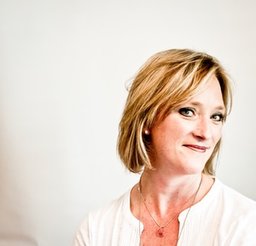 Bio: Rebecca Moseman is a professional photographer and graphic designer. She received her BFA in Art from Virginia Tech in 1997, and her MFA from the Rochester Institute of Technology in 2001. Rebecca's photography has been exhibited throughout the United States, as well as internationally. www.mosemanstudios.com 6/13/2017 0 Comments Poetry by Amanda StovicekThe Purple Is A Bruise For FS that spreads a circle of red skin thrumming to life beneath the surface. Oh this is where we really begin, in injury fool-proof plastic bottle and small imprint of your birthdate, or some other significant number. I want to say sorry. To be your sunflower opening petals in summer and dropping seeds in fall and letting everyone remember how you couldn’t come home. But no one talks about that. Buries that deep in Ohio dirt and doesn’t dig it up like a time capsule. No one will find it in new millenia. No one will uncover the recorded phone call and sympathize with your father even as your mother cried, even as your hands were turning blue and begging for bruise because blood to the surface means warmth--a warmth you couldn’t capture in winter breath in vapor on the window. Oh I want to say I’m sorry. I cannot even fold my tongue to those sounds. I press them stupidly into the ground next to the sprouting summer sunflowers. The Lovers We are growing roots on summit precipice, dug our heels in. The dirt showing patterns of every curve—footprint, thigh, and lip. Cliff edge calling the names of our bodies, the sweeping frost drawing lace up our necks vertigo blue and the open sky below: I wanna be a bird you say and your throat morphs on the rocks trying to warble. The sky has wings for you I say as our roots fall away like clothes and nothing holds onto us anymore. Hypoxic I’m soaked like an oil spill. You can call it dysphoria, but either way no trick of skin can hide it—in the right light, my eyes limp, the wilt of my smile. These lines break through like the fin of a shark in sea shallows. I knit myself together, purl the bad news into my muscles. I fishtail. I hydroplane. I am what’s underneath the concrete, or the canopy of trees. I quit the sun and soap myself with darkness. I drip like sagging pipes or gray stains in ceiling plaster. Do not come near I’m haunted, wailing. I funeral myself. I grieve and grieve again.  Bio: Amanda Stovicek is a writer and teaching artist from Northeast Ohio. She is a recent graduate of the NEOMFA program. Her work has appeared in The New Old Stock, Rubbertop Review, Jenny Magazine, and Us For President, among others. This fall marks the 20th anniversary of May Day, Matthew Ryan's debut album, a musical flare shot off into the dark, a testament of pulling through confused and broken, but not defeated. Two decades later, Ryan still sings of survival, and where light may have narrowed in the past, on Hustle up Starlings, it painfully, beautifully widens. A central message can be found from the opening track (I Just Died) Like an Aviator where Ryan sings, fully convicted by experience, "Don't die, don't disappear, I swear to God we need you here". Throughout the years Ryan's albums have always sought to reassure listeners that they are not the only ones who feel as if their lives are on fire, and if "the same thing that makes you live can bury you alive", it also means we can dig our way back above ground. "Don't let your heart go out like this," run till the numb shakes off, till you can feel the burn as an indication of stars and fresh air still ahead, of new beginnings even with the scars we bear. "I think that the main lesson I've learned is that there's no arriving, there's only traveling. There's only going and looking and working, and learning to laugh at the more absurd parts of our lives. We're all tourists. And love really is everything", Ryan says, "it's the only engine of survival." "I've been simultaneously lucky and unlucky. But that's true for all of us I think. I have some scars from my travels, both in the soul and on the skin. I'm hungrier now than I've ever been, and I was starving when I started." "It's a perpetual stone in my shoe, one that I'll always be trying to shake loose," Ryan sang 20 years ago, when every star looked down in grief, May Day bore the chrome and the crash of living wounded but of refusing to go easily, refusing to disappear, after all, as Hustle up Starlings reminds us "our guts are born in that fiery trench between hurt and hope," and the trenches are where we find out how strong we really were all along. The weapons of living don't always kill, they also clear a path, and if music is an indication of the kind of life one has lived, if it tells the story well and honestly, without filler or filter or comfort food, then success is better tallied in the number of lives saved by the work's creation than any industry standard. It is no truism, but a profound reminder, that some may never have heard anyone tell them before; "I swear to God we need you here." *** The abridged interview below first appeared in Anti-Heroin Chic last September. AHC: Over 20 years in music, that is quite a stretch of time and the musical outcome is as potent, heartbreaking and honest as music gets. What has this journey been like, the ups, the downs, the life lessons picked up along the way? Matthew: It's surreal. Feels like I just started yesterday. I've been simultaneously lucky and unlucky. But that's true for all of us I think. I have some scars from my travels, both in the soul and on the skin. But I've had a fair amount of grins too. I've done ok for myself. It feels good, I'm hungrier now than I've ever been, and I was starving when I started. We live in a strange time. Technology is changing us in some dark and fundamental ways. Though some good comes of it as well, the good music, that draws on and from and for the real, is needed now more than ever. I think that the main lesson that I've learned is that there's no arriving, there's only traveling. There's only going and looking and working, and learning to laugh at the more absurd parts we get to know. We're all tourists. And love really is everything, it's the only engine of survival, just like Leonard Cohen said. AHC: Your first record, May Day, came out when you were 25, and as many others have commented, it was a record wise beyond its years, sung by a voice that had a 'lived-in quality' that rang so true no one could doubt the authenticity and the bruised poetry & life it sang of. Could you talk some about that period in your life, just starting out in music, as well as playing in bands before that record came out? What was going through your mind when you landed that A&M record deal? Matthew: It was a great demystifying. Heartbreaking to be honest. But much of that heartbreak was born in my own illusion of what MUSIC was. I didn't think of it as a business or a contact sport. I thought of it as some humanitarian cause, a higher plane, some magical community where the quality of your work alone is what mattered. And it kind of is like that in some ways and places. But the business will kill ya, or at least try. I didn't like seeing my life become a marketing campaign. I made some mistakes early on, I was too open about things that should've remained private. In many ways it was my own fault. I'm not blaming anyone, or anything. It just didn't make for a particularly beautiful waltz for me, the relationship between creativity and money and marketing. It took a long time for me to let all the aspirational business fall away. I only do what I love now, without regret. I've always been a bit strange, very sensitive. A bit of a loner. Of course when you're young, you sometimes can't tell the forest from the trees. It's all so very present that you assume it's real. I played in several bands before getting signed. All were wonderful people and trying to help as best they could. We all did things I was proud of, some music that could only happen with those particular humans. No one is replaceable. I often wish my first basement band and I had stuck it out. Naive earnestness is powerful stuff. But I had, and still have, a certain wounded-ness that only lets most people just so close. It's like I'm looking for something that I can't put a finger on. And somewhere I got the idea that I'm the only one that can figure that out. It's not something I'm proud of. It's an extension of my sensitivity I believe. I've always identified more with writers than performers. My process is more what I imagine a novelist or poet does. I love the process. But I also love playing music in a room with people too. I prefer to feel like I'm part of the people, not something people have come to observe. I love the collective weather that builds up in a room when we all decide we're in this moment together via music. I have to say, as insular as all that might come across, signing with A&M was an absolute thrill. Some of the people that I worked with at A&M are dear friends to this very day. I love them, and they love music in a way that seems foreign in much of the music business these days. There are pockets, an oasis here and there. But too much seems to be operating from the wrong engine. We gotta get back to art and heart, ambition only in regards to the table or house you're building where success is a result of good work. Too much seems like it's leaning for success like it is the destination. It's not. But back to A&M, one of my favorite bands from the 80's is The Blue Nile. Their albums were released by A&M here in The States. I used to drive around Newark, DE in my grandfather's Nova listening to Over The Hillside over and over again. What a beauty. When I saw the same logo, with its Horn and The A and The M, on May Day, I teared up. It was a real moment of feeling a part of the community I longed to know. It was very moving. With all that happened back then, I'd do it all twice for that sensation. It was a dream come true. AHC: You came back swinging with a subdued but fiery acoustic album 'Concussion' after your contract with A&M dissolved, and you've forged an amazing, fearless body of work since then, collaborating with a huge variety of different artists from Lucinda Williams to Hammock. What are your feelings about the music industry, the major labels, and their quotas of hits, what works and what doesn't? It seems to me a lot of these things/air play/decisions are manufactured irregardless of the authenticity of the art itself that songwriters like yourself so tirelessly and brilliantly put forward. Does it currently seem like a rigged system for independent artists/musicians? Matthew: Well, I'm not a fan of the phrase "rigged system." That suggests an allowance or excuse for defeat. I can't stand defeat. I can understand being discouraged, even needing a rest. But defeat is an ugly and useless response to struggle. I believe our culture is fucked up right now. We have our values and ethos in a collective chaos at the moment. We value success above all else. We impose all sorts of great qualities to too many people simply because they gathered wealth. We watch them on TV, we follow them on twitter. People cry over kitchen make-overs on television shows via 24 hour networks dedicated to the exploits and renovations of people wealthier than most of us. And it's scripted while being presented as real. This is a kind of soul pollution it's not escape. Nice kitchens are great, but stirring the soul to tears? I just don't fucking understand. In the 80's marketing pivoted towards children with 24 hour programming and commercials. They basically infiltrated the imaginations of generations and taught them what and how to consume. Even what to expect from music and a song. "They," man, I hate that word too. I'm not suggesting these were conscious decisions by some nefarious illuminati. I'm saying it was a business decision: The Adults Are Too Savvy, Target The Kids!!! There's a great documentary called "The Merchants of Cool." Seek it out, watch it. It's about MTV's commodification of rebellion. It's creepy. And weird. And destructive. Rebellion is what pushes us forward. Peaceful rebellion is the generational challenge to "what is." When that's turned into a brand... Then what? What are the ramifications of that? Socially? Politically? In the human heart? Technology has exacted another blow to our imaginations and morality with the internet. It's almost like we're under siege by the profit motive. Meanwhile some even bigger corporations are extracting the income and tools of several, dozens, if not hundreds, of former occupations. It's a consumption machine, at very high speed. They're decentralizing our collective consciousness for profit. And they're hoarding that income and wealth, and the rest of us are trying to make a living from what has been deemed "free." It's not free, billions are being made off this traffic. It's a mess. And art is suffering. So is good writing and critical thinking. And even romance. The internet is the loneliest place on earth, and we can't seem to get enough of it. It should be feeding us. The only way we turn this around is that we, all of us, demand more inclusion and work and creativity that matches the complexity of our interiors and thrusts us back into the real world. We're running on junk food now, I mean that figuratively... And I guess literally. The profit motive drove Taco Bell to feed people less a quality of meat than was required for dog food a few years back. I believe in capitalism, I believe it can work. But we need a more compassionate capitalism, a more inclusive and sustainable capitalism. What's happening right now heads nowhere useful. I don't know what all the solutions are, but I know there's a problem. Look at our election, good people are radicalizing themselves with bad information. Lies and vulgar manipulations essentially. It's a mess. But it's not a recipe for disaster. It's a recipe for a great renaissance... If we demand it. AHC: The characters in your songs are often people struggling to set things right, fending off traumatic memories, fighting against impossible odds, trying to stay alive the best that they can with the cards they've been dealt, these are not sugar coated songs or narratives, they're straight out of life as we know it. What inspires you to tell these stories and to shine a light onto the darkest corners of human experience, the struggle, the losses, the heart ache, the survival? Matthew: I strongly dislike injustice. I hate it. I believe our job here is to try and leave things better than we found it. Or at least try. With mind, muscle, creativity, heart and hope. We gotta give it all we've got. AHC: Your music became a sort of theme on the television show One Tree Hill, it must have been nice to have a major network show champion your music to the degree that it did, was there someone there on the show or at the network who was a listener that made that happen? Are you surprised by all the support you've received over the years from a wide variety of shows and films? Matthew: Early on I was very anti "selling" my music to anything other than a listener. My ethos over time, and being a father to two sons, bent. "A man's gonna do what he's gotta do when he's got a hungry mouth to feed" and all of that. I still resist participation in commercials. I would do it only if I believe with all my being in the product or business or event. As far as television shows go, these are people that are trying to tell stories as well. And Mark Schwann (the creator of OTH) is a gigantic music lover. And he was trying tell his audience (of mostly teenage girls) some important things. So yes, I was and am honored. I was in a very "thin" period of my DIY efforts when One Tree Hill and a ton of other shows started using my music. It probably saved my life as an artist. My career has yet to surface in a way where I can sustain myself from touring or residuals or albums alone. It's a by-all -means available effort. I'm grateful when listeners, or a film or TV show, pay me for my work. It makes the future more navigable. And there's an ethereal reward as well when it comes to TV and Film, those songs were written for the very individual purpose of serving my own need to create. They were born purely. So when they're used, there's a part of me that feels something useful must've been communicated if another storyteller wants to use it to enhance the weather of the story they're trying to tell. I can only think of a few experiences more potent than the marriage of film and music and story, and that's love, live music in a room with others and well... You know... There's a few others. AHC: Who are some of your favorite songwriters and musical influences? Are there particular albums or songs that you couldn't live without? Matthew: The usual suspects. But my number one measure of what's meaningful as I've gone and gotten further-in is Joe Strummer. He never let me down. He threw it away and found it again. He was like a modern manifestation of Rimbaud's Season In Hell + redemption. I love his work and words for that. His work inspires me all the time to keep looking, and don't ever let a moment go uncommitted. Or at least try. There are albums I could live without. But there's a thousand songs I certainly couldn't. Songs have been my form of church, a commiseration with the human heart. What we are, and what we do, and always what can still be. AHC: What do you think makes for a good song, as you're writing and composing, is there a sudden moment when you know you've found the right mix, that perfect angle of light, so to speak? Matthew: It's a feeling. I'm only looking for a moment where all self-consciousness and posturing and bullshit or bravado seems to exit the room. It's not something I create, it's something I identify and welcome. It's not about chords or theory to me. It's about a feeling. And then I do a little editing. And then I try and record it before I start acting. AHC: Do you have any words of advice for young singer-songwriters who are starting out and struggling to find their voice and their way in the world? Matthew: Be part of the solution. But don't feel like you have to have the answers, that's not your job. www.matthewryanonline.com 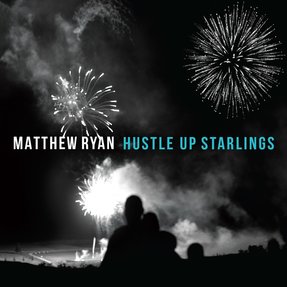
Hustle up Starlings is available now at www.matthewryanonline.com/store--2
6/12/2017 0 Comments Dreamer by Ruth AschDreamer Like stones, days smooth and heavy and hard to mould are rocked away by tides of time; milled to sand - settling: the floor of ocean consciousness, lens to the world, cradle before touch of land. Darkness glitters, silt sifts by swaying moon, soft creature gnaws, spins memories into pearls and builds an arc in which to grow, a shelter with a crystal roof where embryonic ego curls. I tread the dirty, choking streets and all the while paint the atmosphere of places I would go; silent, rehearse impeccable conversations with luminaries I should like to know. I choreograph joy - a wild dance - in my head, or storm across the stage of this small, single room. I linger in a lover´s bower, alone in bed; light a sunset in the mind´s descending gloom. I fear, waiting for me in an un-dreamt world, empty horizons and the crush of human friends; the weakness of an unexposed potential, the mark of stains pretending cannot cleanse. I mourn the winglessness of outwardly pinned eyes, imagination parched for all but narrow streams. And yet, cocooned, I crave beneath fantastic skies - the shock which will, at last, shatter this shell of dreams. 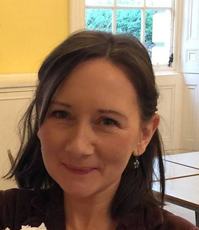 Bio: Ruth Asch started writing a long time ago when emotions that couldn't be expressed (without seeming crazy) became too much to bear... and formed the habit of stashing all the bitter-sweet thoughts into poems. She has one volume of poems to her name: Reflections, and has had work published in many literary journals, including among others Poetry Repairs, Peacock Journal, Ghazal Page, Bamboo, The Literary Yard, Mediterranean Poetry, Ink in Thirds and Hedgerow Poems. 6/12/2017 0 Comments Poetry by Guinotte WiseKansas is Big Sky Country You don't get a bigger sky, even in West Texas reason is there are no mountains to measure it against. The plains roll on forever and the sky presses down on the prairiescape flattening it pancaking it You can fall over from dizziness watching it I really think that sky weight would break a silo scale Sometimes you have to watch the grass so the upper nine tenths of the universe doesn't squeeze your mind shut And push the meager contents out all orifices, I myself keep digging post holes concentrating on the augur Leaving Billings I deplaned in Billings and I walked to the airport, this was in the sixties, and I passed through a gate in a tall chain link fence. A black man clung to the fence on the side that kept him off the tarmac, and he said to me in a wistful way, "Some day I'll get out of here." I nodded, said "Good luck" and waited for my ride. A few days later I could have been him. I fled for reasons of my own before I was caught clinging to that fence on the wrong side of traveling, watching the silver birds take off without me. Image - Patrick Emerson 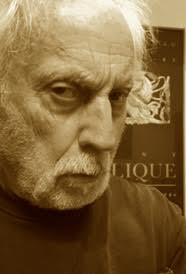 Bio: Guinotte Wise lives on a farm in Resume Speed, Kansas. His short story collection (Night Train, Cold Beer) won publication by a university press and not much acclaim. Three more books since. His wife has an honest job in the city and drives 100 miles a day to keep it. www.wisesculpture.com/blog 6/11/2017 0 Comments Poetry by Martina Reisz NewberryBAD HABITS I miss smoking. The exquisite ritual of tapping, lighting, staring off into the distance while the first deep drag fills the body. My father looked like Humphrey Bogart when he lit up and my sister, Sabrina, looked like Veronica Lake. My other sweet sisters, Kate and Trish, looked like art photos. “Fuck this!” has so much more oomph when you’re holding an English Oval or a DuMaurier or a gaunt Virginia Slim. Forty years since my last, goodby drag, still I dream of it. I see myself cool and thin, blinking through smoke, holding the cigarette aloft with tapered fingers sporting painted nails. I could avoid food when I smoked, pared down to ninety-nine pounds one year. Loose-tongued, throaty, mysterious, cool–– that’s the image of me that formed when the smoke spiraled then cleared. There was a man, an artist, fine-boned and sad, who lit them for us after sex. Paint on his fingernails added flavor I thought. He died shortly after we started our affaire de coeur. Walked straight into a bus while reading a flyer about a new art show opening. Hell! I can’t tolerate more wrinkles on this face (especially around the mouth) nor can I afford dark thoughts about dire diseases. My hands have showy dark spots that I’d rather not display and the mystery that once was me is now revealed in one hundred ageing ways. All that being said, I thank you, tobacco, for those short years of charm and boozy dreams. Though I no longer purchase cigarettes, inside I still smolder and burn. Be on the lookout, World of Woe!I’m lighting up. PRECOGNITION I see you turning in your bed, you itch everywhere and there are no bedbugs, no fleas, no insects. Something does this to you each and every night. It is not love. It is certainly not peace. I see you at the kitchen sink. You are washing the sink. It’s not dirty and you spilled nothing into it. But you see filth each and every day that you come to the sink. It is not Obsessive/Compulsive Syndrome. I see you lying by the pool. You are slick with tanning oil. There is no sun. The sun left long ago when times got tough and people got greedy and ate the sun. Now there is only gray light. It is not fog. I see you holding the head of your last lover in your hands. It is not a fake. It is a totem.You keep it next to your reclining chair in front of the TV. The smile on the face of your last lover is not a pleasant keepsake. I see you at the dining room table. You are not eating there. You are not making a scrapbook. You are drawing a picture on the table. You dip your finger in mayonnaise and draw boxes in three dimensions. I see you at the aquarium. You are watching the sharks make circles as if they were in the sea. You tap on the glass. They don’t acknowledge you. You tap dance.You scream at them.You spit. No one notices. I see you at the altar. You are fingering a chalice made of clay. You are eating sticks of incense, lighting them first, then eating them When you speak, smoke comes from your nose and mouth. Incensum istud a te benedictum, May this incense blessed by You ascendat ad re, Domine, arise before You, O Lord, and may et descendat super nos misericordia Your mercy come down upon us † tua. I see you turning in your bed, you itch everywhere and there are no bedbugs, no fleas. Something does this to you each and every night. It is not love. It is certainly not peace. You scratch a final time and lay quiet. Now you understand everything. Et verbum caro factum est et And the word was made flesh and Habitabit in nobis dwelt among us‡ DANCE FLOOR, MEMORY FLOOR There is a widening split in memory’s floor where too many sweet things disappear. We grasp at echoes and loves as if they were silvery eels, coasting through rapid waters. Memory’s floor is no place to dance. It’s a cabochon and will slip you up. Who wants to fall while the dance music plays? So, we choose Now and Here. Strong, cheery weeds push up through the concrete. There is the blonde sky. There are clouds assembling, rituals of food and smoke, tides sparkling and racing… everything reflected on the skin that covers us. I love this universe that gives us time to learn, time to follow the bight and sparkle of our own breath. I say mend that chasm with clay and spit and promise, then dance all over it, never stopping to rest. BY AND LARGE The sun is faithful, tries to recall why it cannot bleach out terror from the planet. Every day it stands tall, confident that THIS will be the day all squalor burns off the earth after dewpoint. Poor sun… the minutes proceed, the hours jet by, and though the light on water is fine and bright, though shadows chase each other among the sunlit trees, so little changes. There is some reparage when shards of sun warm a shivering dog or heat the sidewalk under a homeless citizen. Still, by and large (as my dad used to say), very little changes. At 5 pm, the sun speaks. Sorry, it says, failure . is mine. I’ll try again tomorrow. Please understand the implications of my strife, all the implications of my struggle, are in the stars. Stay where you are. Stay tuned. I may return. 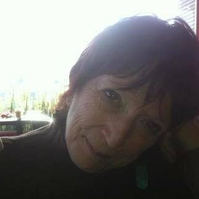 Bio: Newberry’s books are NEVER COMPLETELY AWAKE (Deerbrook Editions), TAKE THE LONG WAY HOME (due out in late 2017 from Unsolicited Press), WHERE IT GOES (Deerbrook Editions), LEARNING BY ROTE (Deerbrook Editions), RUNNING LIKE A WOMAN WITH HER HAIR ON FIRE (Red Hen Press), LIMA BEANS AND CITY CHICKEN: MEMORIES OF THE OPEN HEARTH (E.P. Dutton &Co) Her work has been anthologized and widely published in the U.S. and abroad. She lives in Los Angeles with her husband, Brian Newberry, a Media Creative. |
AuthorWrite something about yourself. No need to be fancy, just an overview. Archives
April 2024
Categories |
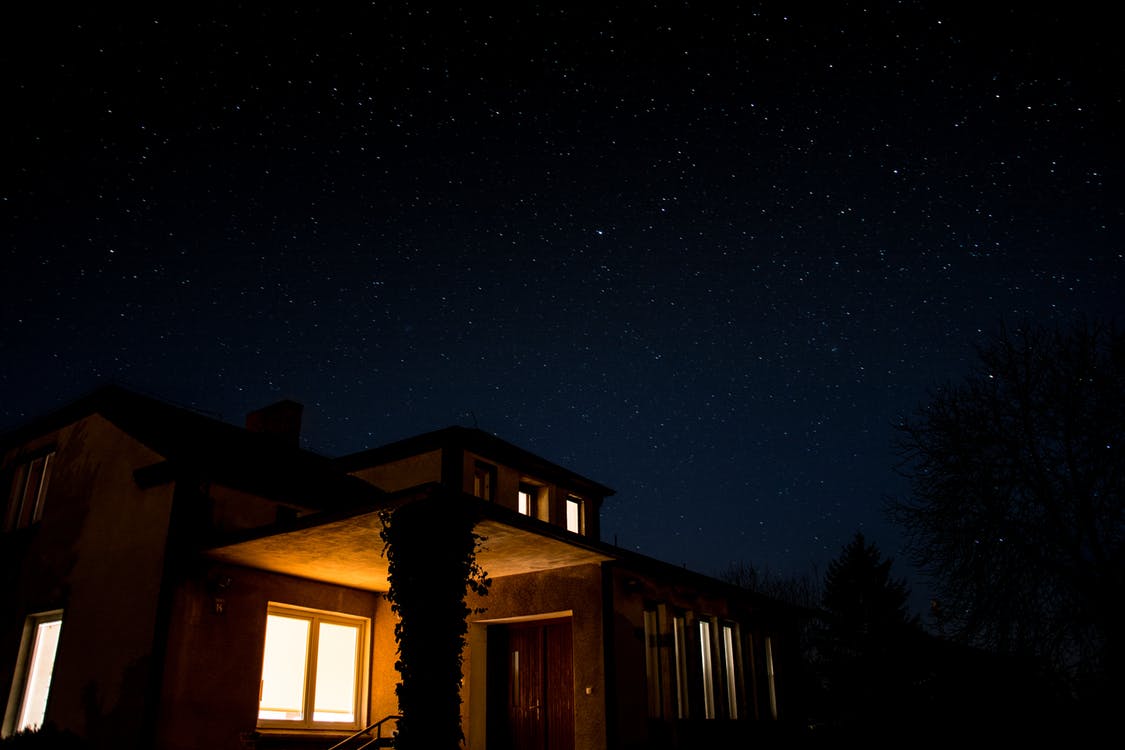
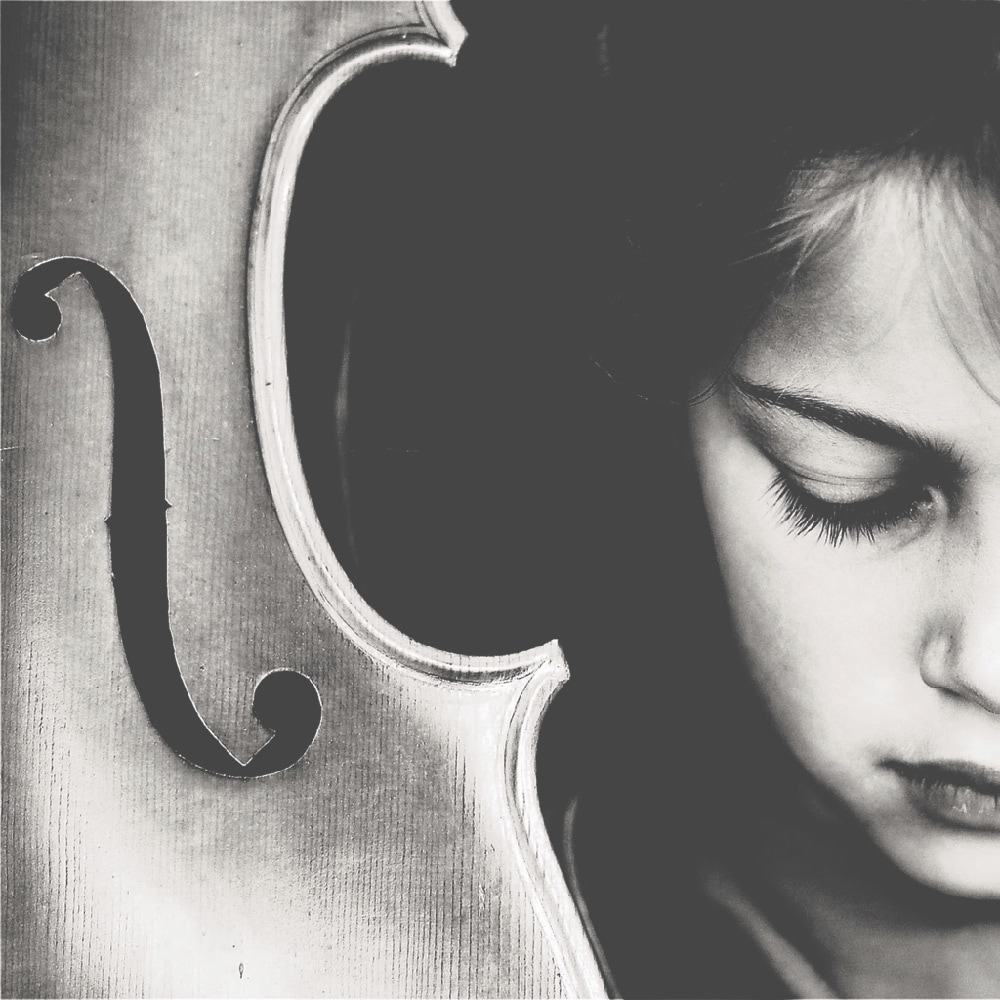

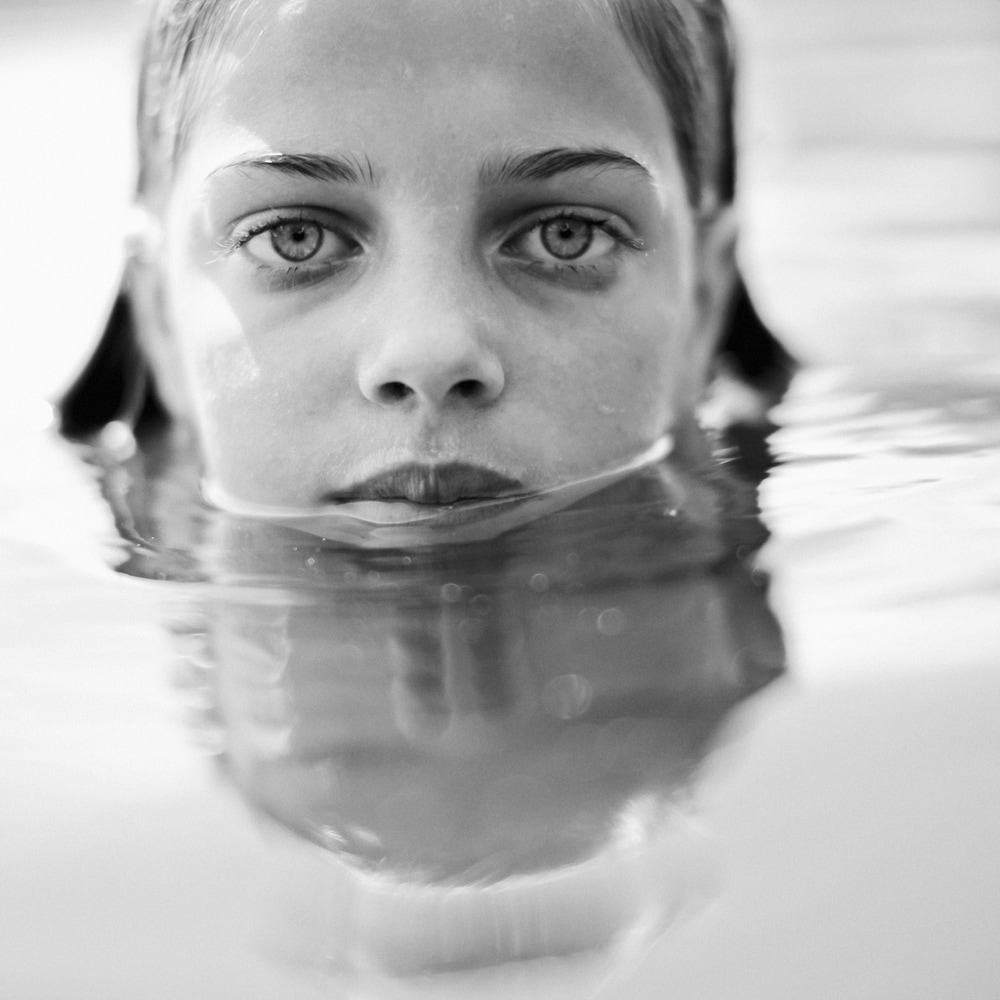
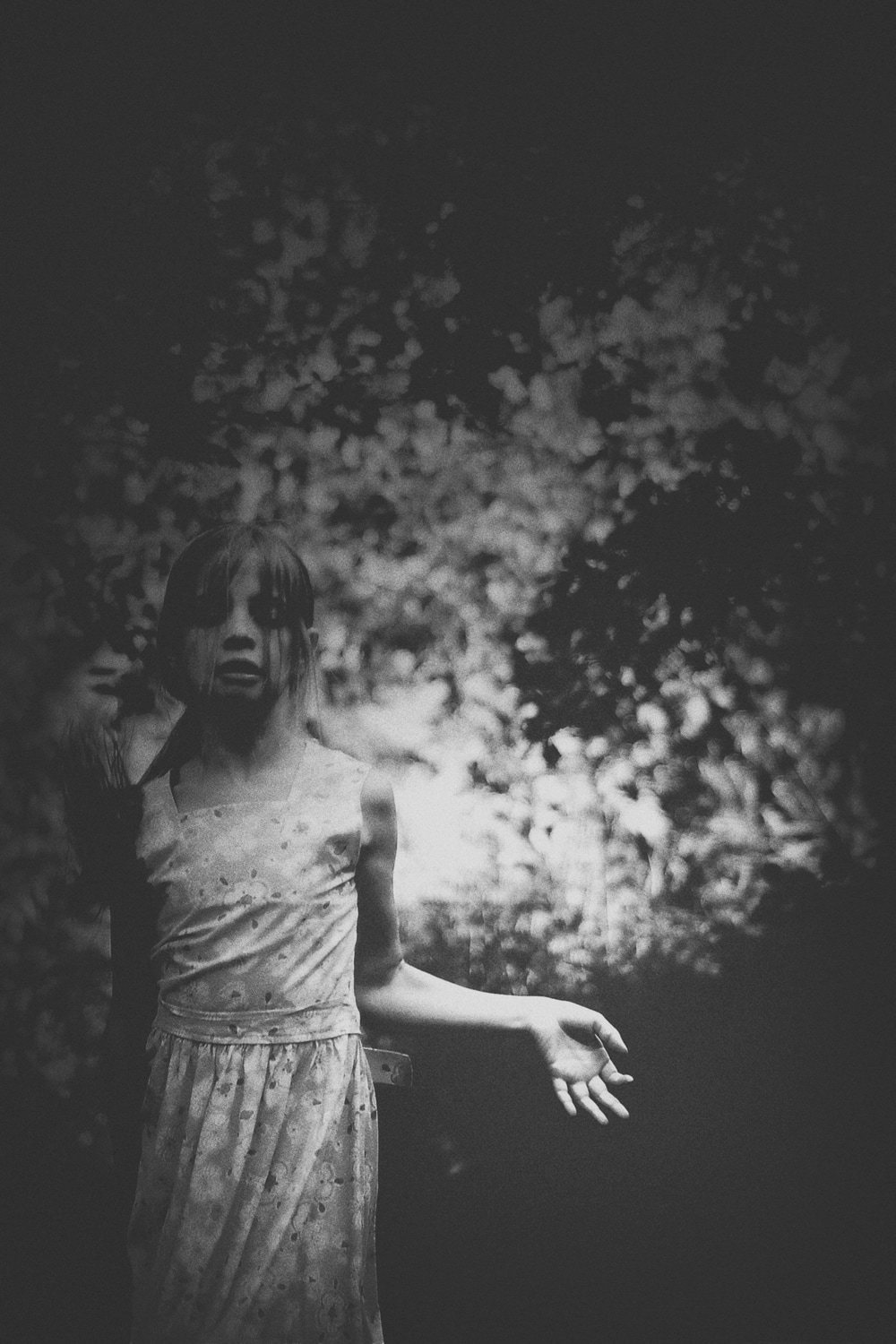
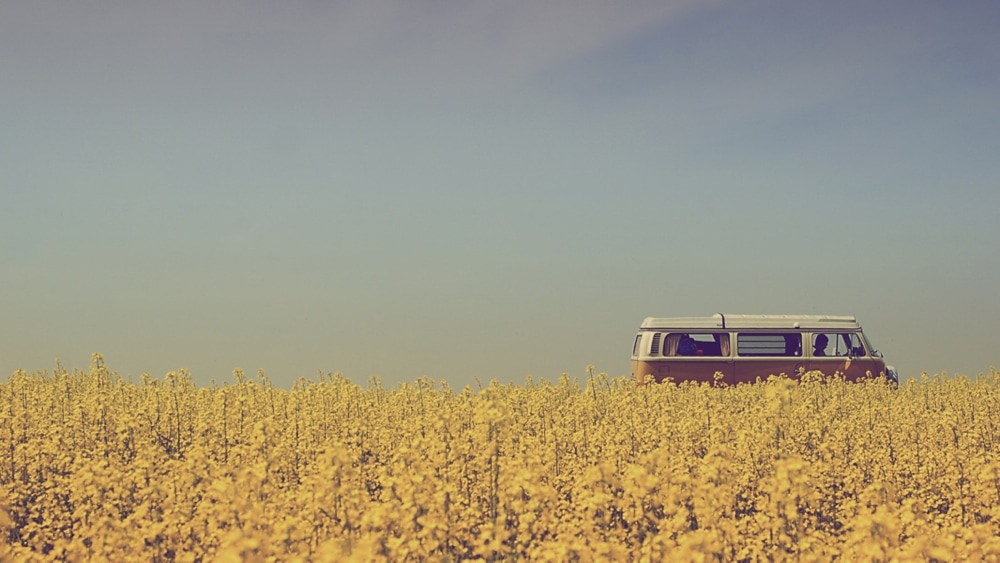
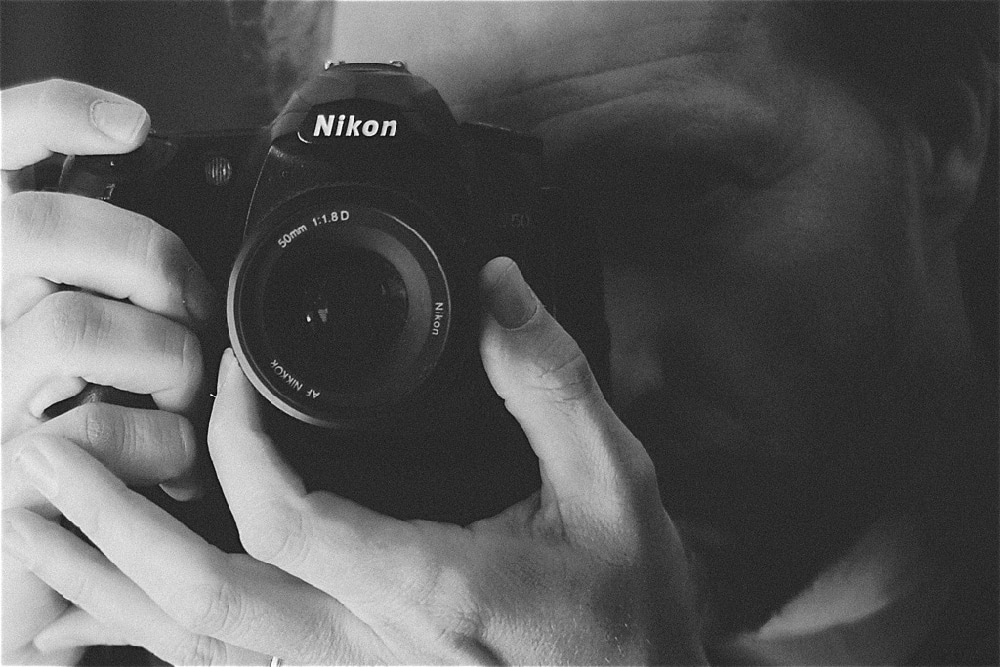
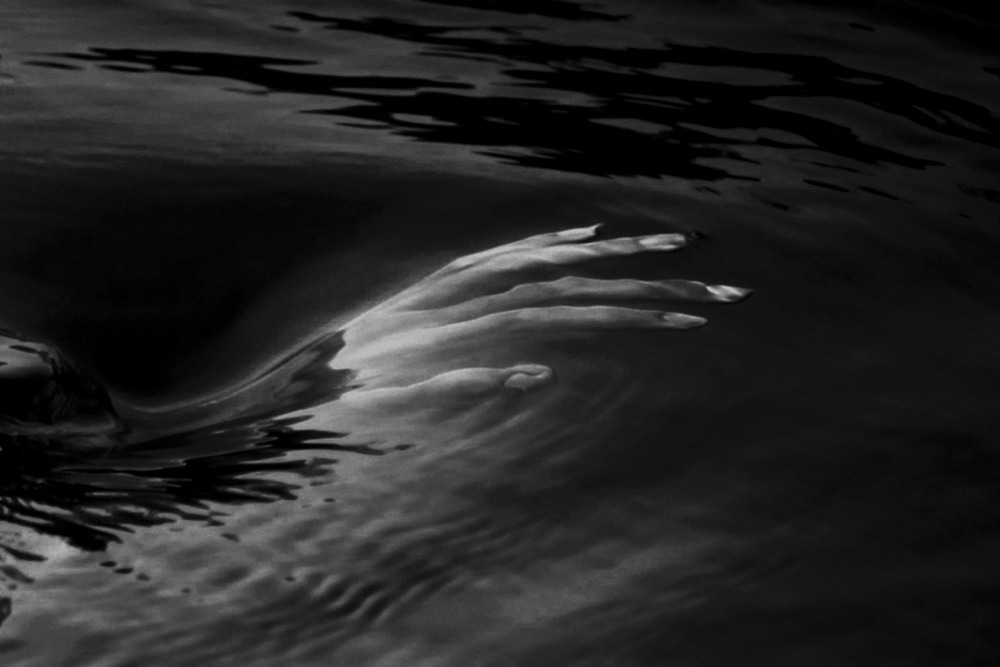
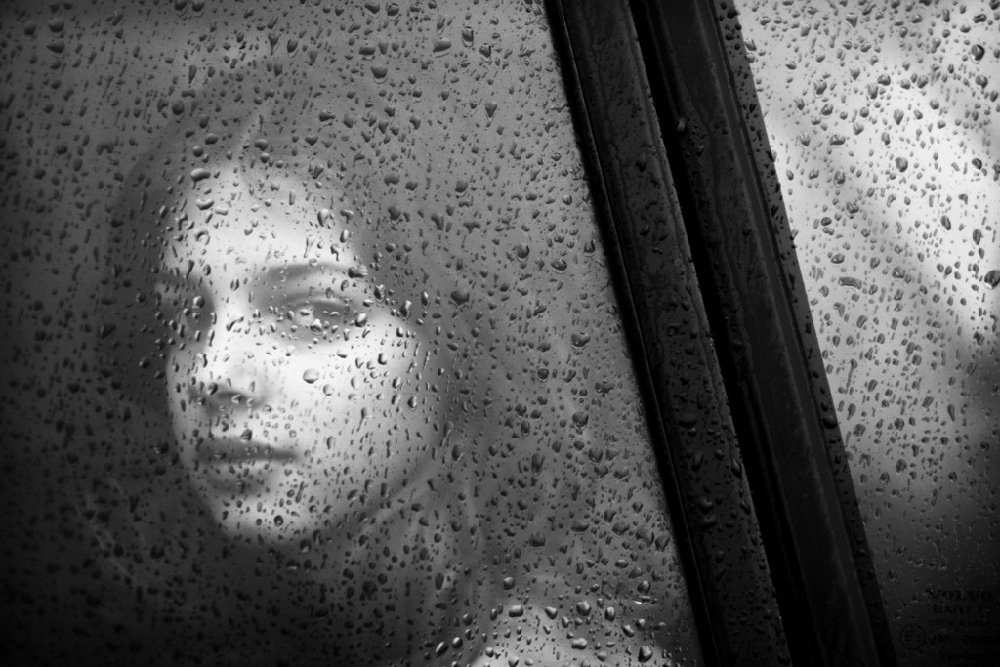
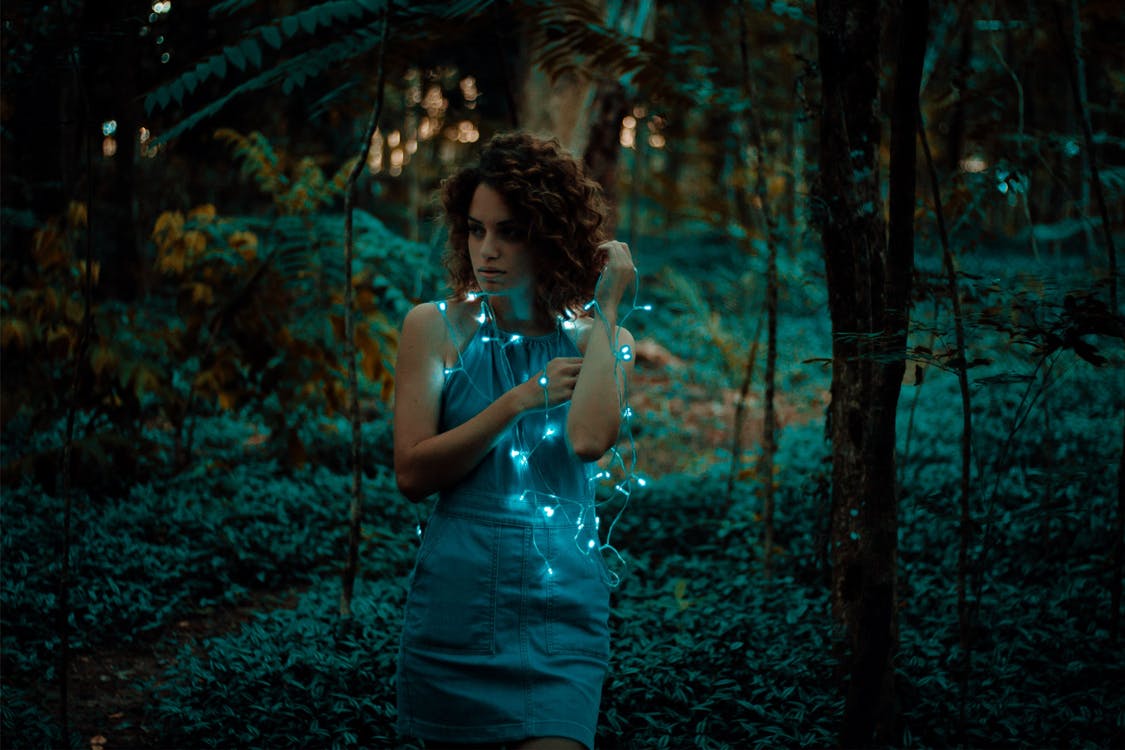
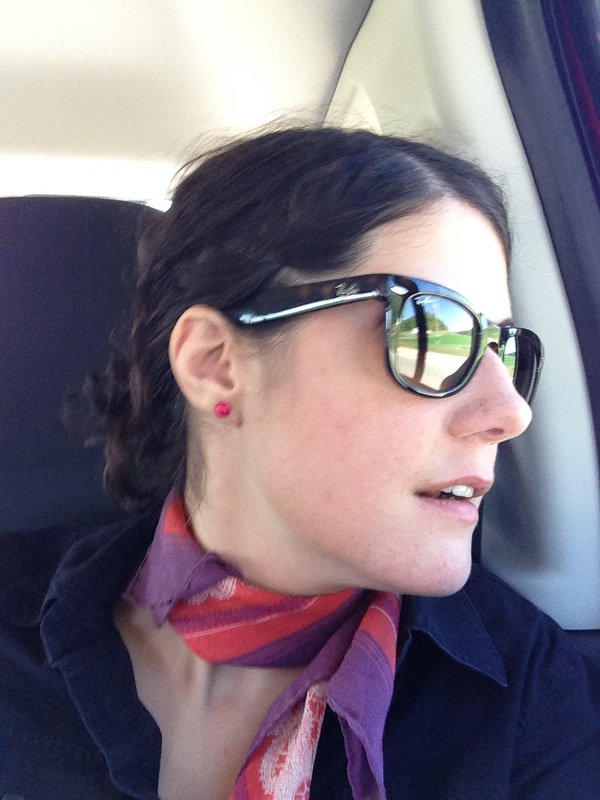
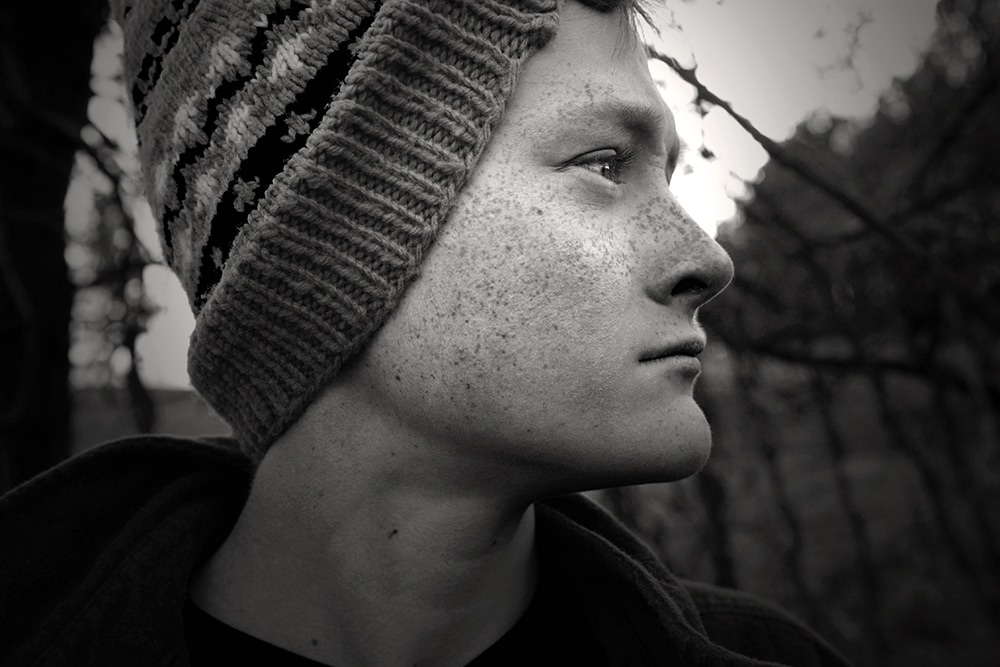
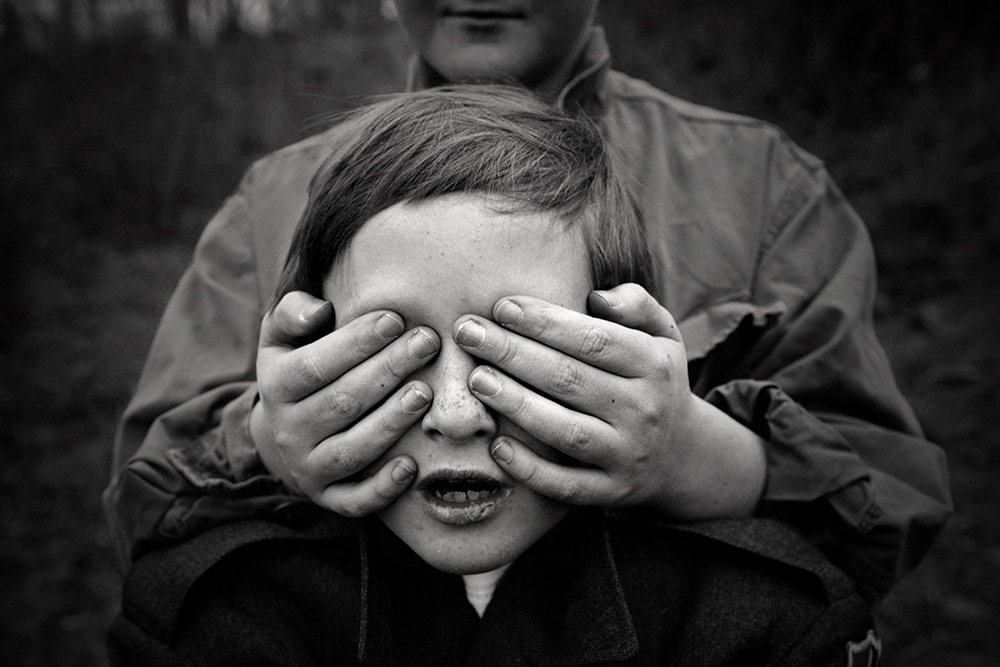
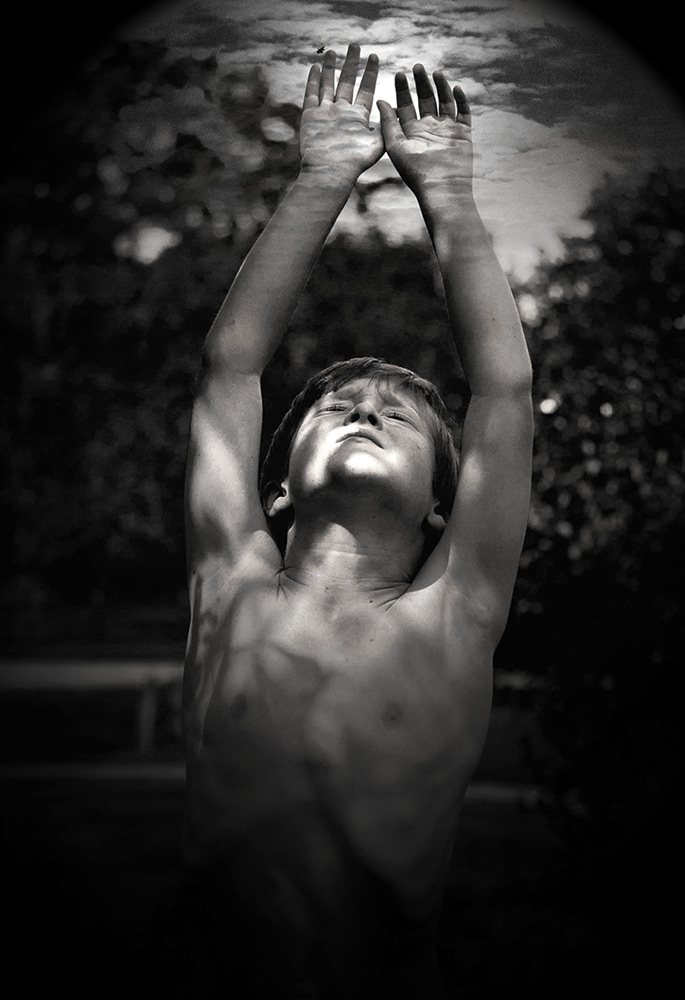
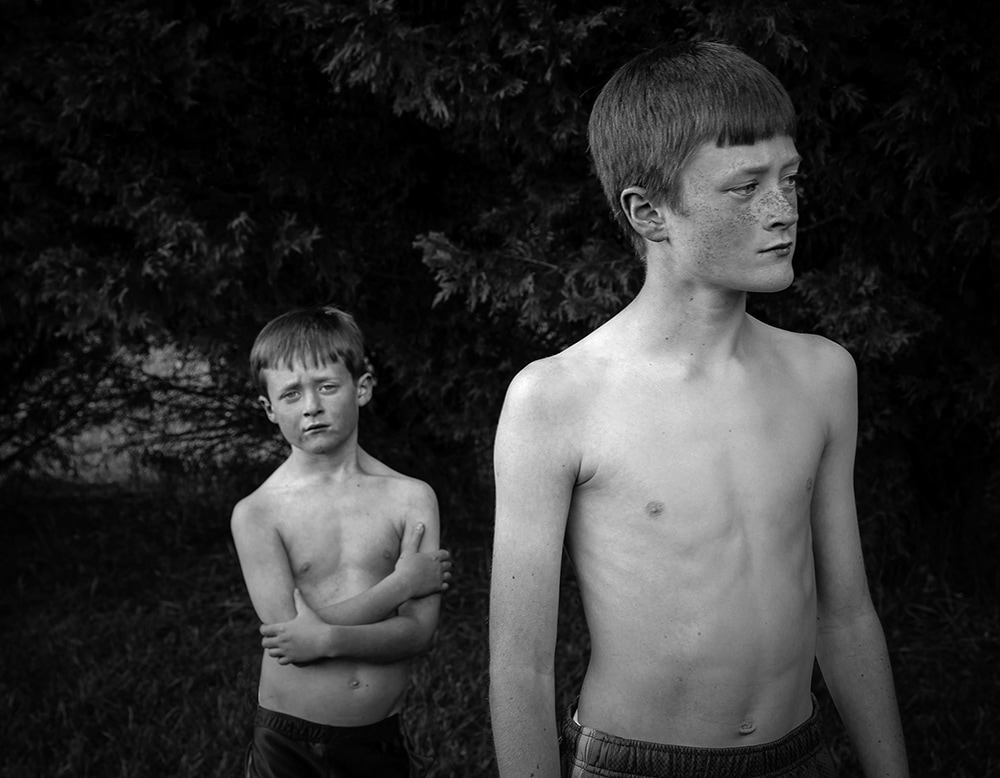
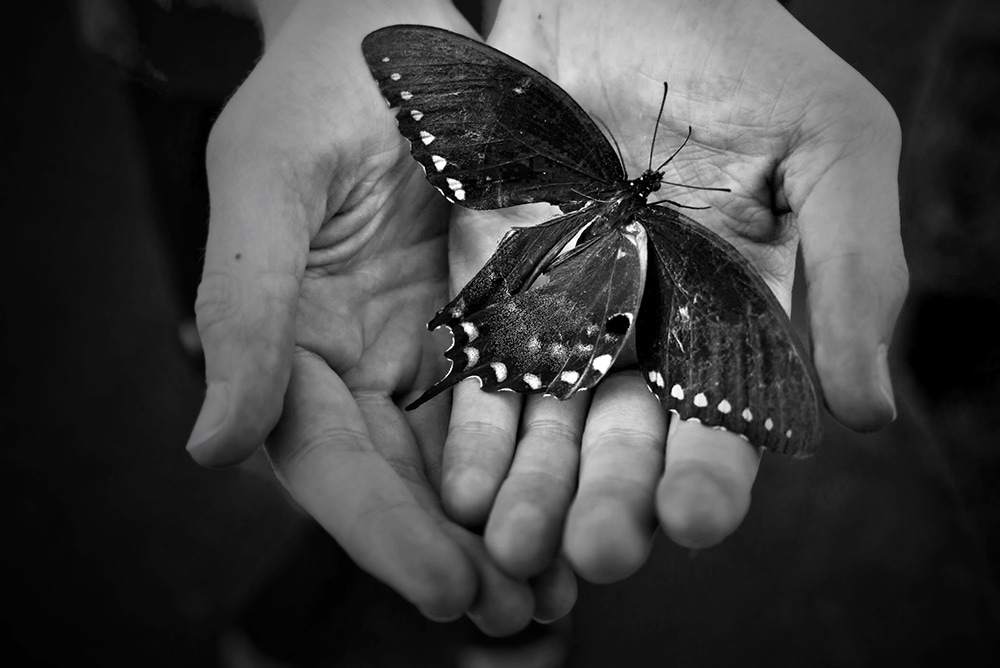
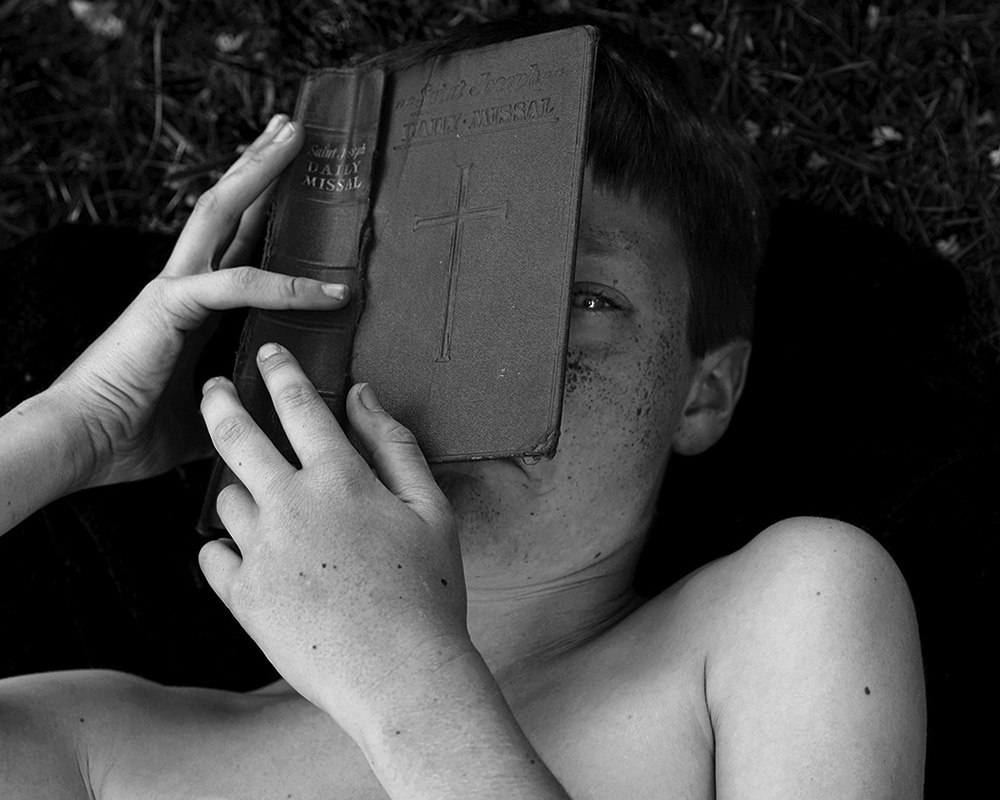
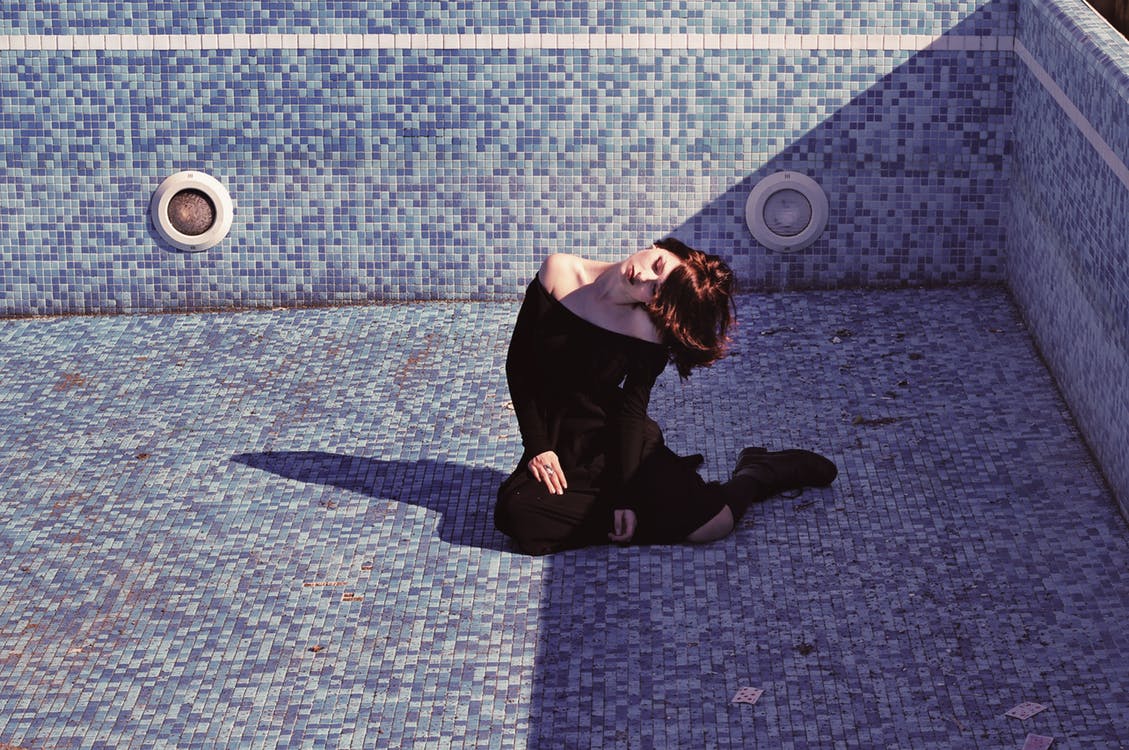
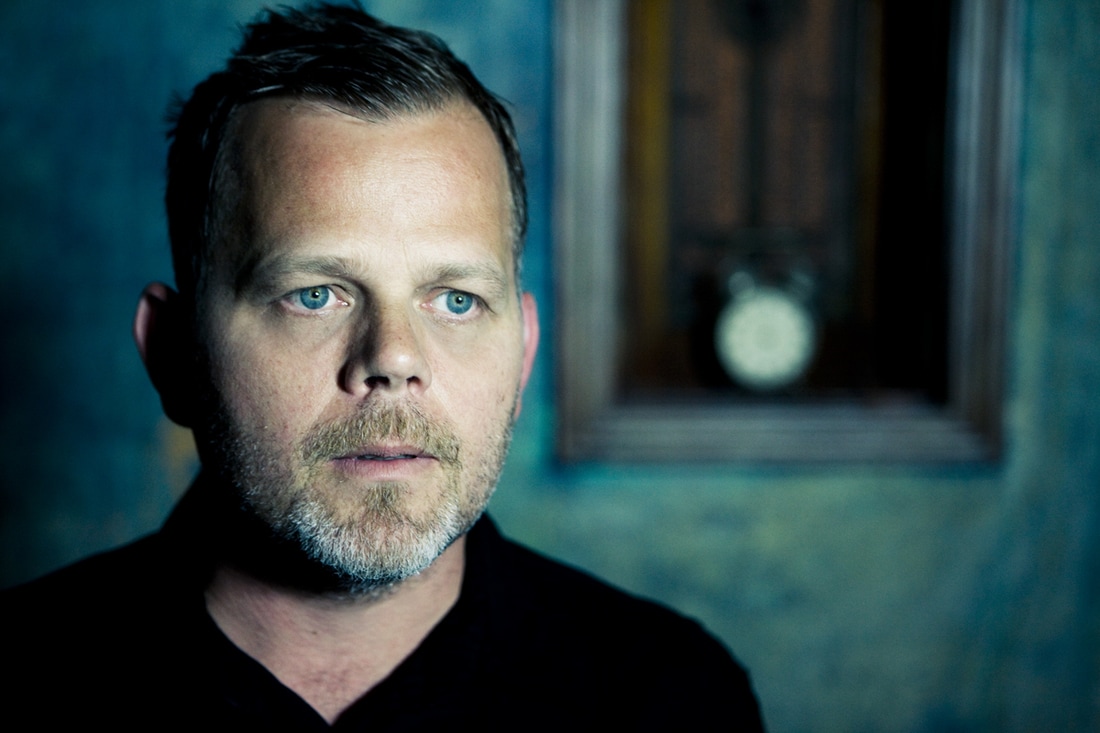

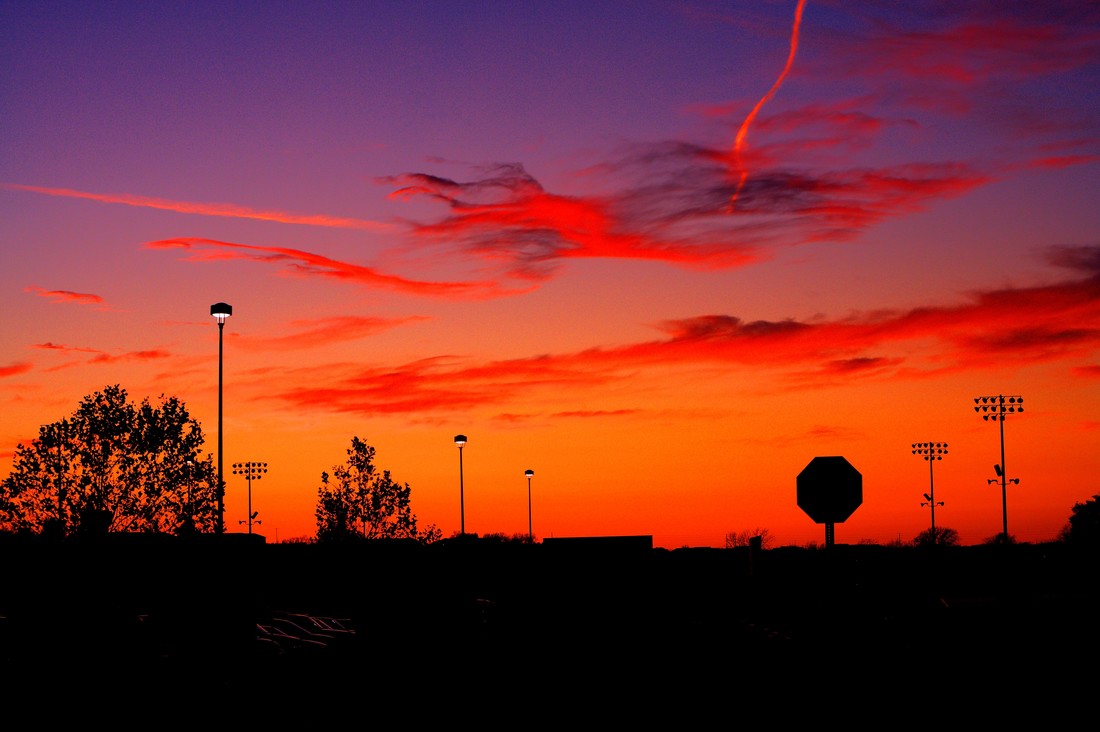

 RSS Feed
RSS Feed
